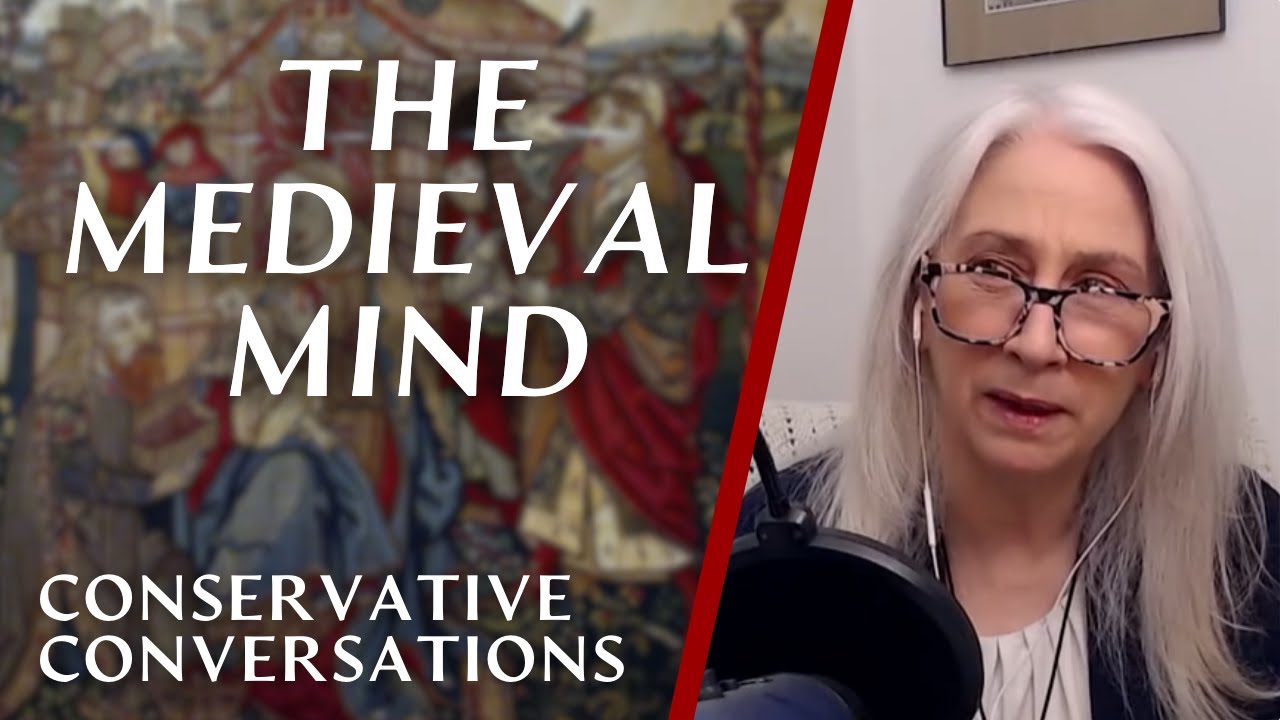In the “Conservative Conversations” episode featuring Rachel Fulton Brown, the professor discusses the decline of medieval studies in academia and the importance of understanding the medieval mind as a continuous thread in history, contrasting it with modern interpretations that often overlook this depth. She also introduces her initiative, the Dragon Common Room, which aims to revive literary craftsmanship through collaborative poetry writing, encouraging individuals to engage with medieval traditions to enrich their understanding of identity and culture.
In the episode of “Conservative Conversations” featuring Rachel Fulton Brown, a professor of history at the University of Chicago, the discussion revolves around medieval history, the concept of the medieval mind, and her project, the Dragon Common Room. Brown highlights the decline of medieval studies in American history departments, noting that many institutions focus primarily on modern history, often neglecting the rich narratives of the medieval period. She explains that this trend stems from the Enlightenment’s portrayal of the Middle Ages as a “Dark Age,” which has led to a lack of appreciation for the depth and continuity of historical narratives that include medieval perspectives.
Brown elaborates on the medieval period, defining it as the time between the fall of the Roman Empire and the Reformation, roughly from the 5th to the 16th century. She emphasizes that medieval thinkers saw themselves in continuity with the ancient past, particularly in their understanding of Christian traditions. This perspective contrasts sharply with modern interpretations that often create arbitrary divisions in history. Brown argues that the loss of medieval studies in academia reflects a broader cultural disconnect from historical depth and continuity, which is essential for understanding the human experience.
The conversation shifts to the nature of the medieval mind and how it can be accessed today. Brown suggests that engaging with medieval literature, art, and prayer can help modern individuals tap into this mindset. She emphasizes the importance of learning to appreciate the beauty and craftsmanship of medieval poetry and storytelling, which can foster a deeper connection to the past. By immersing oneself in the practices and traditions of the medieval period, individuals can cultivate a richer understanding of their own identities and the world around them.
Brown also discusses her initiative, the Dragon Common Room, which aims to revive the art of literary craftsmanship through collaborative poetry writing. The project began during the COVID-19 pandemic as a way to bring people together to learn and practice writing in traditional forms, such as iambic pentameter. The Dragon Common Room has evolved into a creative space where participants can explore storytelling, poetry, and the cultural significance of their work, drawing inspiration from historical figures like Alexander Pope and the traditions of medieval literature.
Finally, the episode touches on the challenges of writing Christian mythology that resonates with contemporary audiences without falling into sentimentality or obvious allegory. Brown and the host discuss the importance of creating characters and narratives that reflect deeper truths and complexities, rather than simplistic personifications of virtues and vices. The conversation concludes with an invitation for listeners to engage with the Dragon Common Room and its various projects, encouraging a return to the rich traditions of storytelling and poetry that can enrich modern cultural discourse.
